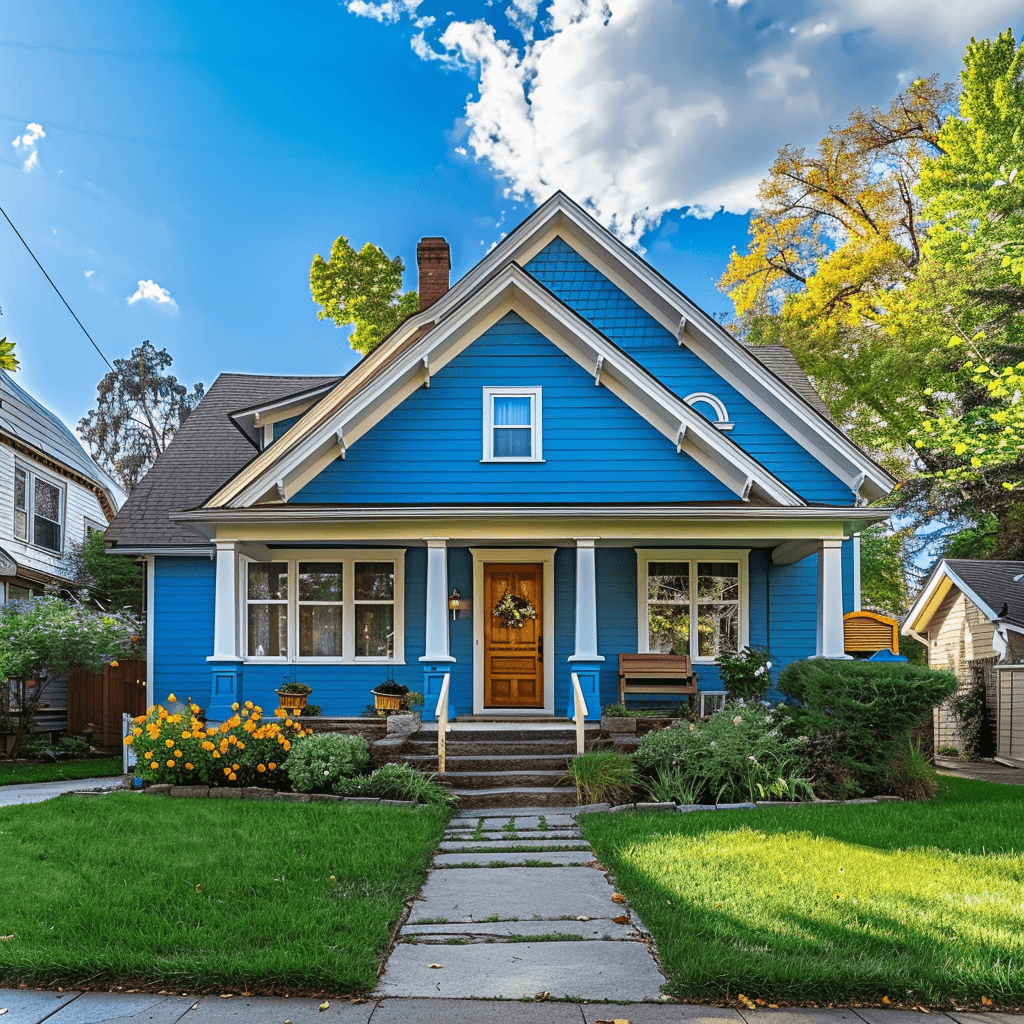Long-term or short-term – it’s a question most landlords will ask themselves when assessing what to do with their investment property. Both options have perks – but which one is most suited to your property, and which is going to give you the most return in the end?
That’s what we’ll be discussing in this post, helping you decide by outlining the benefits of short-term rentals vs long-term rentals. The expert property managers at Patrick Leo are well-versed in both types, so let’s hear it from them:
Short-term rentals
Short-term rentals are mainly holiday homes, but also include corporate apartments and temporary accommodation. They’re spacious, well-located and generally more comfortable than a hotel room because of the residential amenities like a washer and dryer, and a full-size kitchen.
Benefits of short-term rentals
There are several benefits in renting out short-term:
- High profit potential Where a house may be rented out at $600 a week, it might fetch $250 a night as a short-term rental. This means that in 3 nights, you’ve generated more cash than a whole week of long-term booking.
- More flexibility as a homeowner With short-term rentals, you can be flexible with renting out your home or staying in it for periods of time. If you need use your short-term rental to live in, it’s just a matter of blocking out your Airbnb calendar.
- Self-check in and online management is the norm It’s never been easier to manage short-term rentals with the ability for guests to self-check in and for you to manage bookings off your smartphone.
Long-term rentals
Long-term rentals are any other type of residential accommodation which are rented out using a lease for a fixed period of time. Long-term rentals are a sturdy, reliable source of income, especially if you buy in a suburb with low vacancies.
Benefits of long-term rentals
The benefits of long-term rental property are also attractive to a lot of owners:
- Stable, reliable source of income By choosing a long-term rental, you’re locking in a fixed income for a long period of time. This is far more stable than, say, an Airbnb by the beach which is mainly in demand during the summer, and isn’t too busy during the winter.
- Works for all properties – not just some Short-term rentals only work for certain properties in certain areas – usually near the beach, in high-tourism regions, in the CBD, or in super inner-city suburbs. A 3-bedroom house that’s on the outskirts of Melbourne, for example, won’t be as in-demand as a 2-bedroom unit in Fitzroy. In essence, there are very few properties that are suited as short-term rentals, while every property is suited to long-term renting.
- Less costs associated Short-term rentals show huge drawbacks in terms of extra costs associated. Unless you’re cleaning your short-term rental yourself, you’ll have to pay a cleaner and you’ll also have to pay a significant portion of your earnings to the booking site. Long-term rentals don’t have these costs associated.
At Patrick Leo, we see benefits in both long- and short-term rentals. If you’re looking to buy an investment property, whether it’s a short- or long-term rental, contact our team of investment property specialists. We make it easy for you to find the right investment property which sets you up for financial stability and long-term success.







